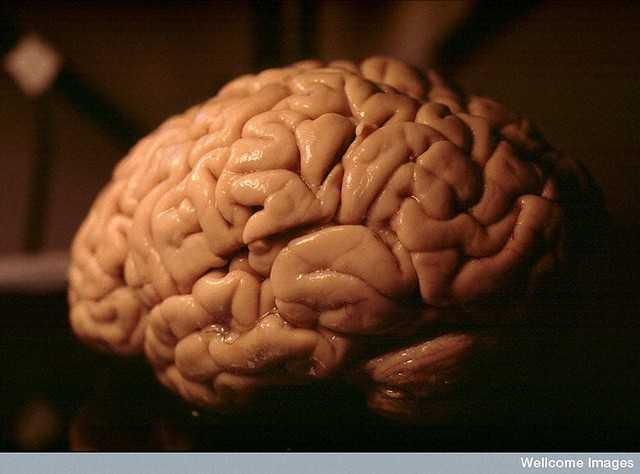Brain Cells Grown from Biopsies to be Implanted Back into Patients

Brain cells grown from small biopsies can be implanted back into a patient to treat a range of neurological conditions.
Scientists from the University of Western Ontario, Canada, believe their method could be used to treat incurable diseases because the new tissue is able to cross the blood-brain barrier, which protects the brain by blocking foreign material from getting in but also renders many therapies ineffective.
The research, published in the FASEB Journal, suggests that healthy lab-grown cells can help protect against injury, toxins and diseases.
Researchers enrolled patients suffering from Parkinson's disease who were scheduled to have deep-brain stimulation surgery, which involves placing electrodes into the brain.
Before the electrodes were implanted, the team took small biopsies from the surface of the brain and multiplied them in culture to generate millions of cells specific to the patient.
Devastating disorders
These cells were analysed and found to exhibit regeneration as well as characteristics of a fundamental class of brain cells that provide support and protection of neurons and the peripheral nervous system.
The cells expressed a broad array of natural and potent protective agents, which the scientists believe can be transformed in the laboratory to create specific cell types needed for a particular treatment or to cross the blood brain barrier.
Matthew O Hebb, one of the researchers, said: "This work is an example of how integrating basic science and clinical care may reveal privileged opportunities for biomedical research. It is our hope that the results of this study provide a footing for further advancement of personalised, cell-based treatments for currently incurable and devastating neurological disorders."
Gerald Weissmann, editor in chief of FASEB, added: "From an extremely small amount of brain tissue, we will one day be able to do very big things. For centuries, treating the brain effectively and safely has been elusive.
"This advance opens the doors to not only new therapies for a myriad of brain diseases, but new ways of delivering therapies as well."
© Copyright IBTimes 2025. All rights reserved.






















